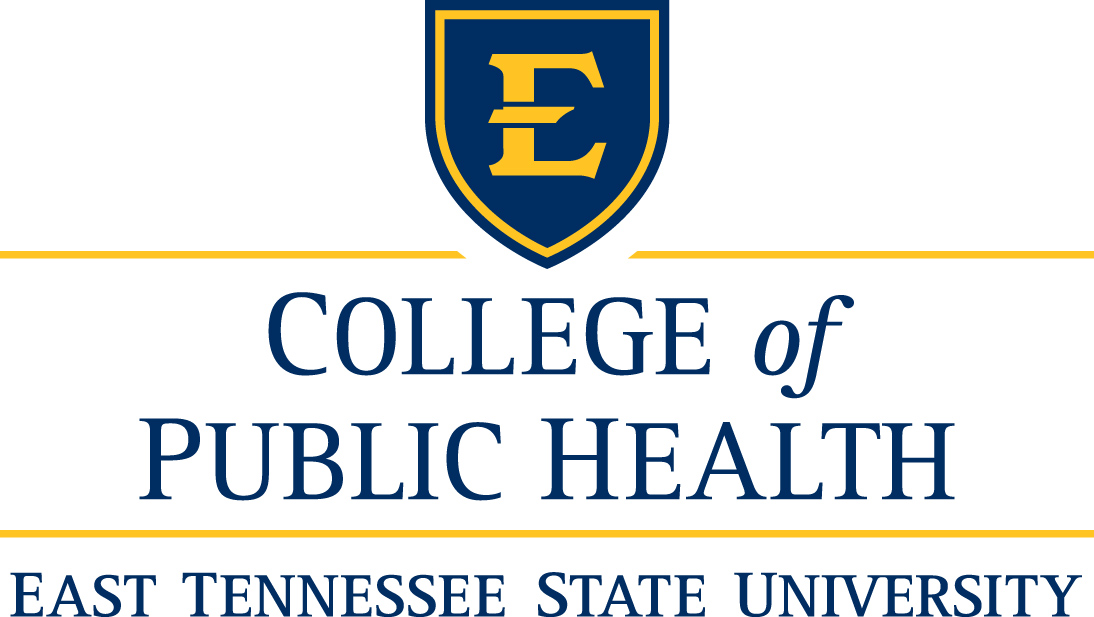Author Area of Expertise
Adam Baus, PhD, MA, MPH; Expertise in health services research, practice-based research, quality of care improvement, research methods, and quantitative and qualitative data analysis.
Martha Carter, CNM, DHSc, MBA, APRN, FACNM; Expertise in practice-based research, quality of care improvement, and health policy
Jennifer Boyd, PA-C; Expertise in delivering medication assisted treatment for opioid use disorder, and practice-based research.
Erin McMullen; Expertise in policy aspects of medication assisted treatment for opioid use disorder
Trey Bennett; Expertise in aspects of patient care.
Alexandra Persily, BS; Expertise in aspects of patient care.
Danielle Davidov, PhD; Expertise in quantitative research methods and data analysis.
Christa Lilly, PhD; Expertise in qualitative research methods and data analysis.
Abstract
Introduction: Opioid addiction and opioid-related overdoses and deaths are serious public health problems nationally and in West Virginia, in particular. Medication-assisted treatment (MAT) is an effective yet underutilized treatment for opioid use disorder (OUD).
Purpose: Research examining factors that help individuals succeed in MAT has been conducted from provider and program perspectives, but little research has been conducted from the perspective of those in recovery.
Methods: This study, co-developed with individuals in recovery, took place in West Virginia-based MAT programs using an exploratory sequential mixed methods approach. The survey was open February through August 2021. Data were analyzed late 2021 through mid 2022.
Results: Respondents experienced many barriers to MAT entry and retention, including community bias / stigma, lack of affordable programming, and lack of transportation. Respondents sought MAT primarily for personal reasons, such as being tired of being sick, and tired of having to look for drugs every day. As one respondent shared, “I wanted to better my life, to get it under control.”
Implications: Programs and policies should make it easy for individuals to enter treatment when ready, through affordable and accessible treatment options, reduced barriers to medications, focused outreach and education, individualized care, and reduced stigmatization.
DOI
https://doi.org/10.13023/jah.0501.06
Creative Commons License

This work is licensed under a Creative Commons Attribution 4.0 License.
Recommended Citation
Baus AD, Carter M, Boyd J, McMullen E, Bennett T, Persily A, Davidov DM, Lilly C. A better life: factors that help and hinder entry and retention in MAT from the perspective of people in recovery. J Appalach Health 2023;5(1):72–94. DOI: https://doi.org/10.13023/jah.0501.06.





Social Media Links